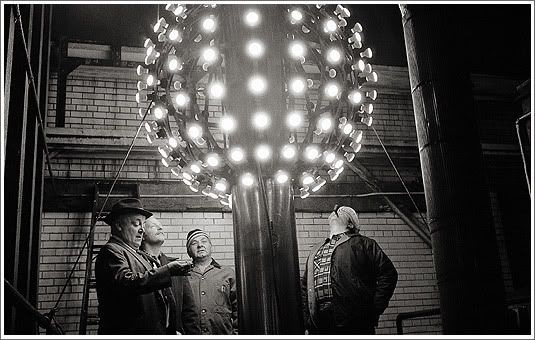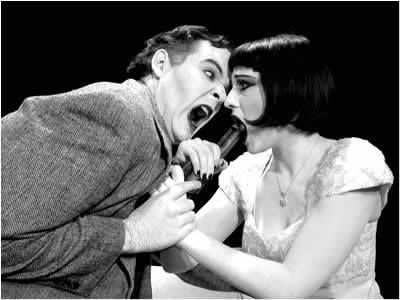
Ehrlichman - Sorry to Hear You're a Goner
Unread #26
Ehrlichman is Scott Jacobson. The cover to his cassette Sorry To Hear You're a Goner features a crudely drawn picture of a man's feet and legs sticking up from the bottom of what may be a square window. He has committed suicide or maybe was the victim of defenestration. A third option is that this is a first-story window and the individual is merely doing a handstand.
Who doesn't love handstands? And who especially doesn't love summer handstands by a cute girl in rolled-up jeans on a front lawn so green it's fluorescent, a sprinkler idling nearby, beads of water collecting on the blades of grass, the girl's dangling hair wet and dark at the tips? Everybody does! I've never been to Fayetteville, N.C., but I like to think it's the kind of place where the image I just detailed occurs quite frequently.
Jacobson is from Fayetteville. He writes about the city in the song "Fayetteville." Over acoustic guitar and percussion that sounds like it's being played on a pail, he sings, "The city doesn't shine at night / It kind of flickers."
On some tracks Jacboson employs a drum machine, but on others he sings over nothing more than guitar. Oftentimes, he repeats the same bits on electric guitar, but with plenty of bounce and bite, so that the guitar provides the song's percussion.
What I've discovered: When it comes to these ratty, crackling cassette releases, I appreciate this all-by-one's-lonesome approach more than others. It's more introspective since you have no one to blush in front of and it allows you to slip in cheeky couplets that will amuse only you ("Your darting eyes and nervous laugh / Tremble like a polygraph") and it's certainly more daring since you have no one to counsel you on how and where to edit yourself. Like "Hey baby I'm a Warm Body," where Jacobson informs us it's 10 o'clock at night and there's an electrical storm outside before launching into an emotionally-charged, unaccompanied ballad.





